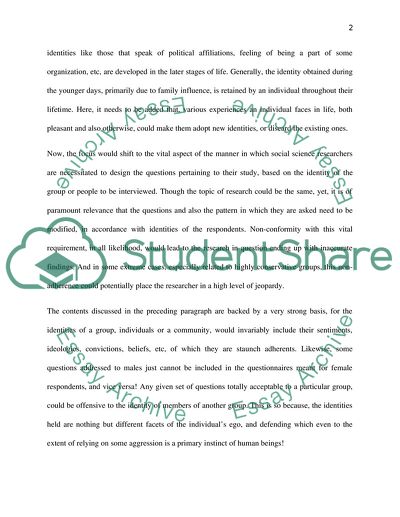Cite this document
(“Social Science Research Issue of Identity Essay”, n.d.)
Social Science Research Issue of Identity Essay. Retrieved from https://studentshare.org/social-science/1569229-researching-social-life-sociology-criminolgy
Social Science Research Issue of Identity Essay. Retrieved from https://studentshare.org/social-science/1569229-researching-social-life-sociology-criminolgy
(Social Science Research Issue of Identity Essay)
Social Science Research Issue of Identity Essay. https://studentshare.org/social-science/1569229-researching-social-life-sociology-criminolgy.
Social Science Research Issue of Identity Essay. https://studentshare.org/social-science/1569229-researching-social-life-sociology-criminolgy.
“Social Science Research Issue of Identity Essay”, n.d. https://studentshare.org/social-science/1569229-researching-social-life-sociology-criminolgy.


